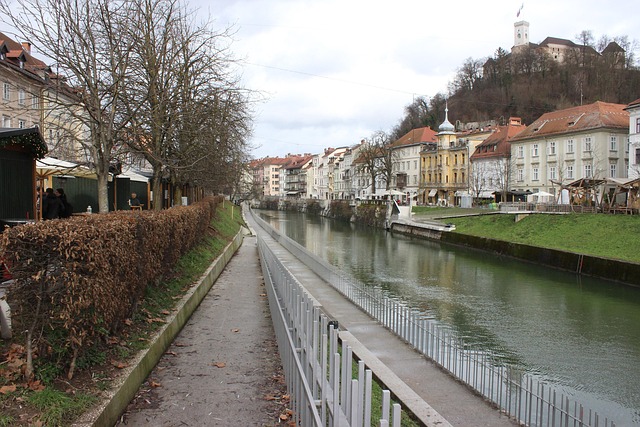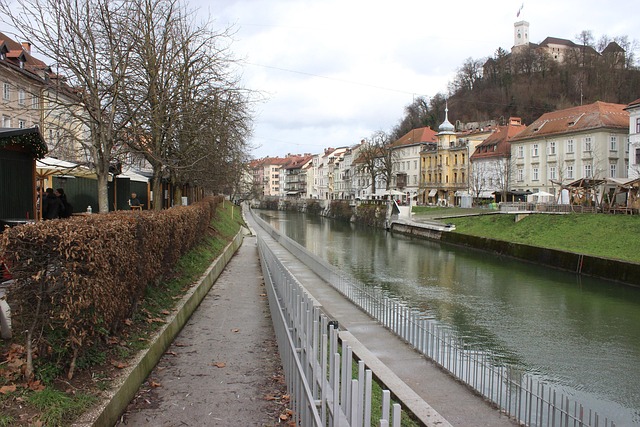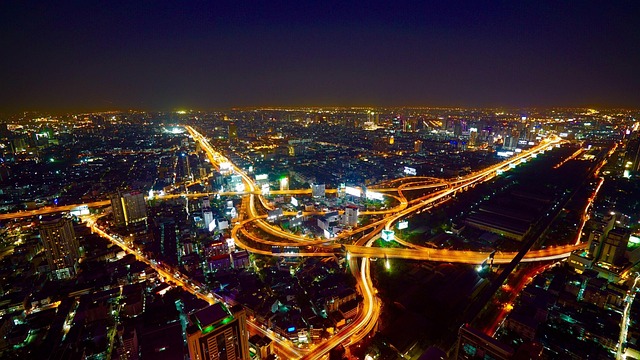Karachi's North Nazimabad faces significant solid waste management challenges due to high population density and inadequate infrastructure. Traditional practices like open-air dumping and manual sorting contribute to environmental pollution and health risks. Innovative solutions are needed, focusing on efficient collection systems, responsible recycling, and community engagement to transform the area into a model for sustainable waste management in Karachi. By promoting door-to-door recycling, enhancing local recycling capabilities, and adopting advanced technologies, North Nazimabad can mitigate litter, improve resource recovery rates, and contribute to a cleaner, healthier Karachi.
“Exploring Effective Waste Management in Karachi’s North Nazimabad: A Comprehensive Analysis
Karachi, as a bustling metropolis, faces unique challenges in waste management, particularly in diverse areas like North Nazimabad. This article delves into the current state of solid waste collection and disposal practices in the region, highlighting the challenges and barriers that hinder efficient management. We offer insights into potential solutions and future strategies to revolutionize waste management, ensuring a cleaner and more sustainable Karachi.”
- Understanding Waste Management in Karachi's North Nazimabad Area
- Current State of Solid Waste Collection and Disposal Methods
- Challenges and Barriers to Efficient Waste Management
- Potential Solutions and Future Strategies for Improved Waste Management
Understanding Waste Management in Karachi's North Nazimabad Area

In the vibrant city of Karachi, North Nazimabad stands out as a diverse and bustling area, much like its urban counterpart. Understanding effective waste management in this part of the metropolis is paramount for maintaining a clean, healthy, and sustainable environment. The region’s waste management challenges are shaped by factors such as population density, limited open spaces, and varying disposal methods.
Karachi’s North Nazimabad faces unique obstacles, including improper dumping sites that attract vermin and pollute local water sources. To combat this, community initiatives and government programs work in tandem to promote responsible waste segregation, recycling, and efficient collection systems. These efforts aim to transform the area into a model of sustainable waste management, reflecting Karachi’s commitment to environmental stewardship.
Current State of Solid Waste Collection and Disposal Methods

In Karachi, particularly in areas like North Nazimabad, the current state of solid waste collection and disposal methods presents a complex challenge. Traditional practices often involve manual sorting and open-air dumping, which not only poses significant health risks but also contributes to environmental degradation. The primary method of waste collection in North Nazimabad includes door-to-door pickup by municipal trucks and private haulers, followed by transportation to designated landfill sites located on the outskirts of the city.
However, this system is far from efficient. Landfills are rapidly reaching capacity, leading to inadequate disposal facilities and increased potential for pollution. Moreover, the lack of proper segregation at the source exacerbates the problem, as mixed waste streams complicate recycling efforts. In light of these challenges, there’s an urgent need for innovative solutions that promote sustainable waste management practices in Karachi, ensuring a cleaner and healthier environment for its residents.
Challenges and Barriers to Efficient Waste Management

In Karachi, particularly in densely populated areas like North Nazimabad, efficient waste management presents significant challenges and barriers. One major obstacle is the lack of adequate infrastructure, including limited collection points and poorly designed disposal facilities. This deficiency leads to overcrowded streets and public spaces filled with refuse, posing serious health risks to residents.
Another critical issue is the informal waste management sector prevalent in many Karachi neighborhoods. These informal workers, often lacking proper training and equipment, contribute to the problem by engaging in unsanitary practices that further contaminate the environment. Additionally, inadequate segregation of waste at source, combined with limited public awareness about responsible disposal methods, exacerbates the difficulties faced in managing and treating the city’s growing waste volume effectively.
Potential Solutions and Future Strategies for Improved Waste Management

North Nazimabad, a vibrant part of Karachi, faces unique challenges in waste management due to its dense population and limited infrastructure. Potential solutions lie in adopting more efficient collection methods, such as implementing door-to-door recycling programs to reduce litter on streets. Enhancing recycling capabilities at the local level can significantly improve resource recovery rates, which have been historically low.
Future strategies should focus on integrating innovative technologies for waste treatment and utilizing them in a way that aligns with Karachi’s urban landscape. This includes exploring decentralized waste management systems tailored to the neighborhood level, as well as promoting public-private partnerships to finance and implement more sustainable solutions. By fostering community engagement through education and awareness campaigns, North Nazimabad can move towards a cleaner, healthier future where waste is not just managed but transformed into valuable resources.
The intricate issue of waste management in Karachi’s North Nazimabad area highlights the need for sustainable solutions. By understanding the current challenges, from inadequate collection systems to environmental barriers, we can chart a path towards improvement. Implementing innovative strategies, fostering community involvement, and promoting responsible disposal practices are key steps to transforming this landscape. With dedicated efforts, North Nazimabad can become a model for efficient waste management, benefitting both its residents and the larger Karachi community.

Leave a Reply